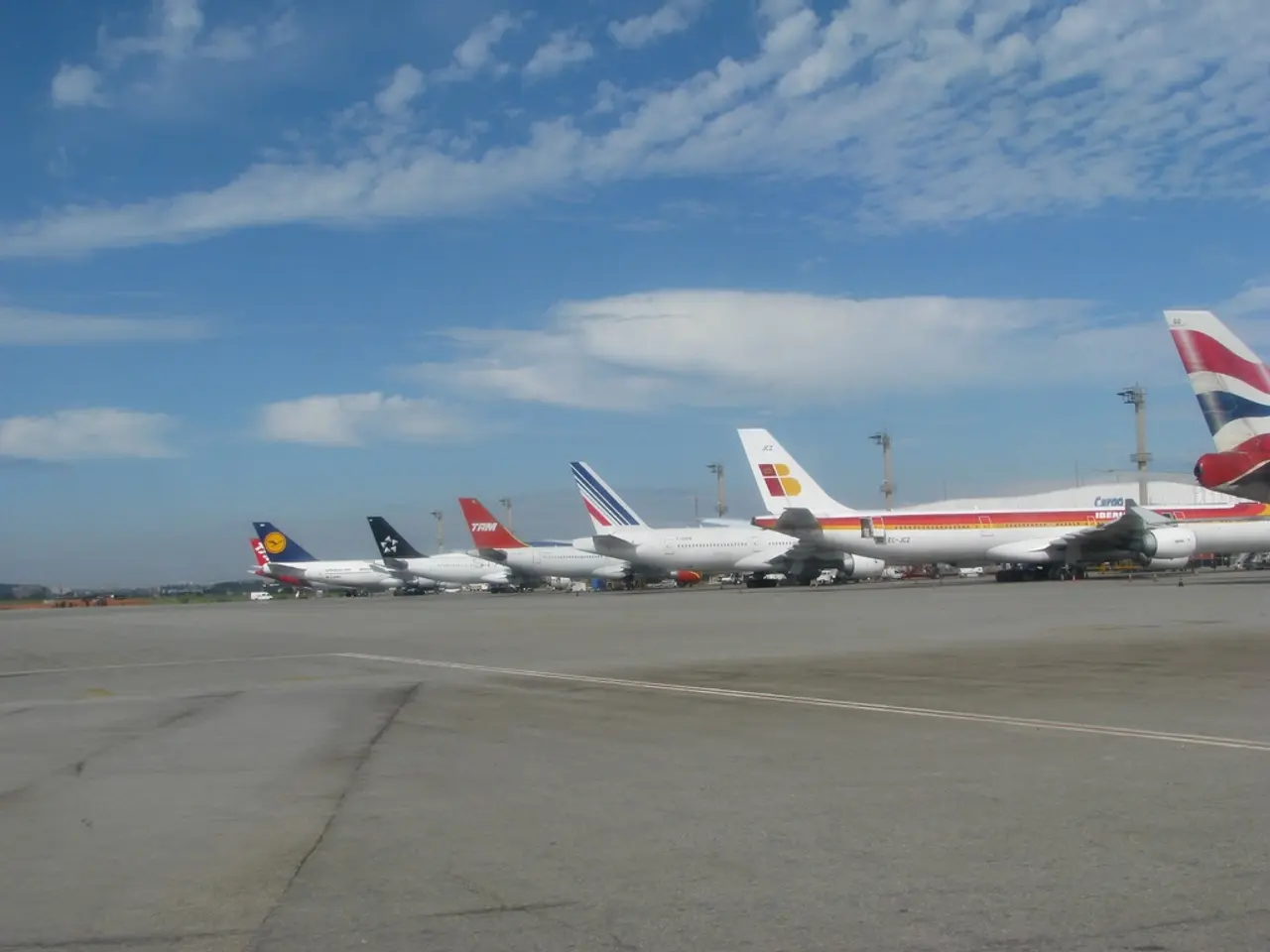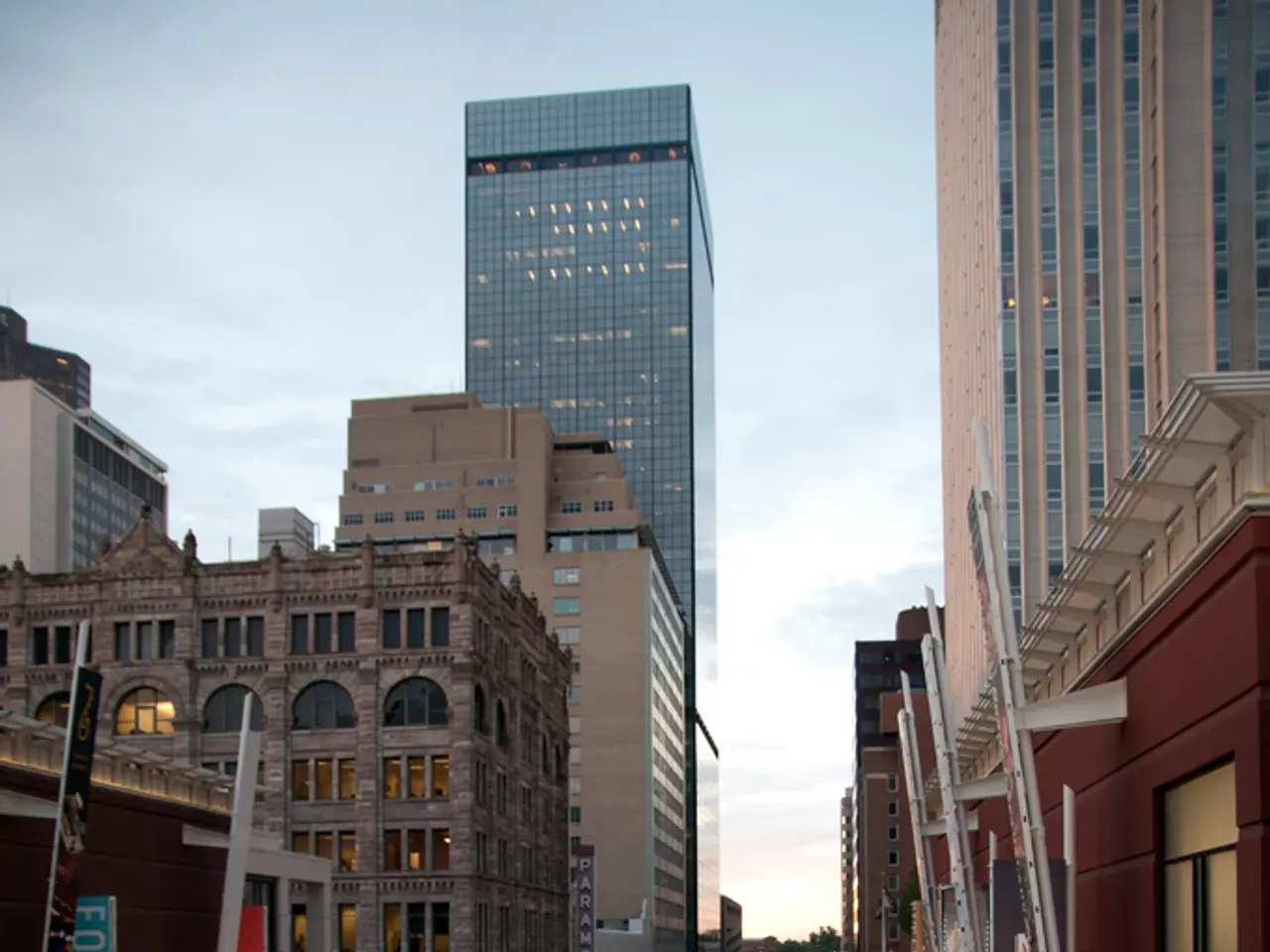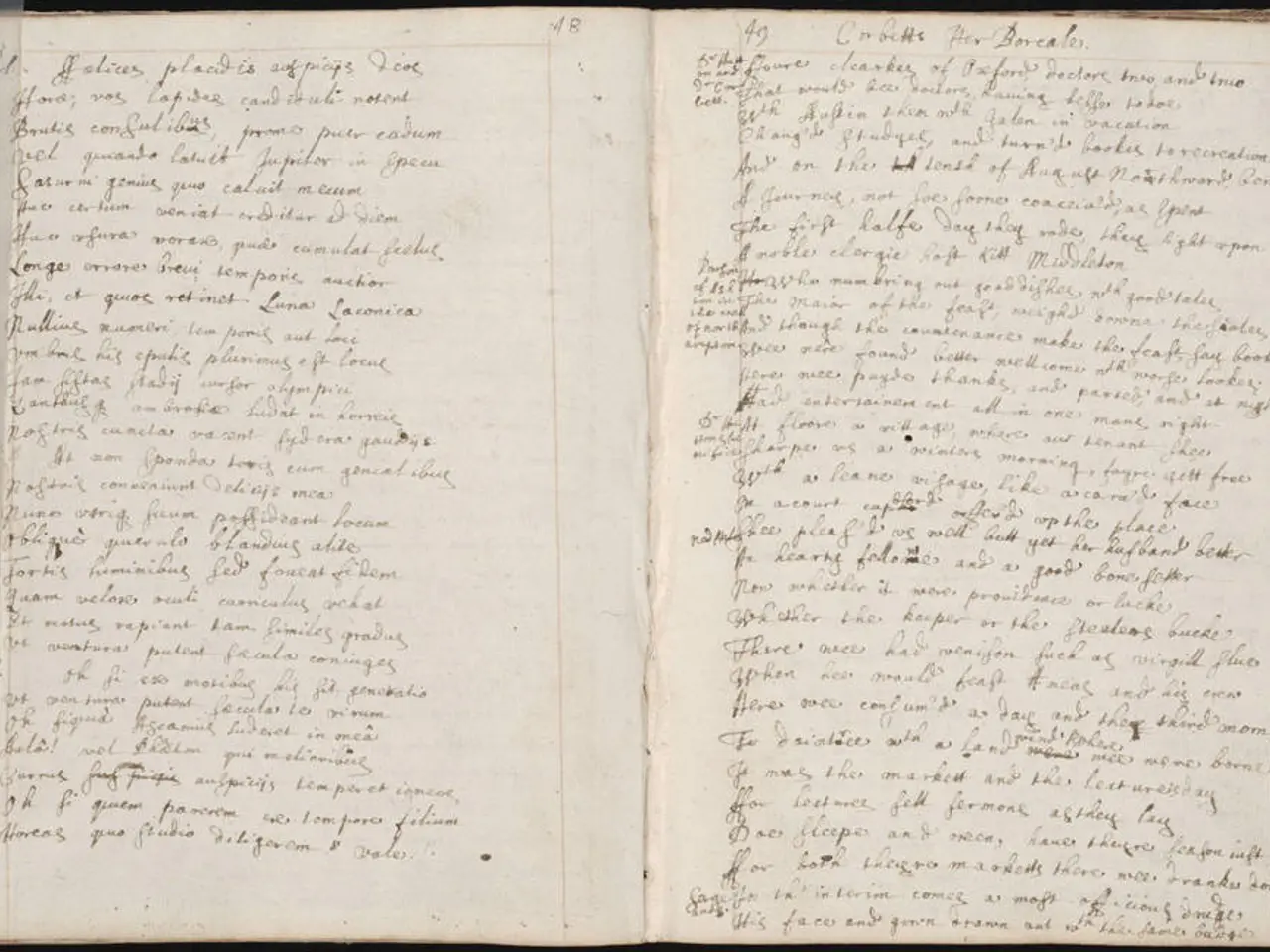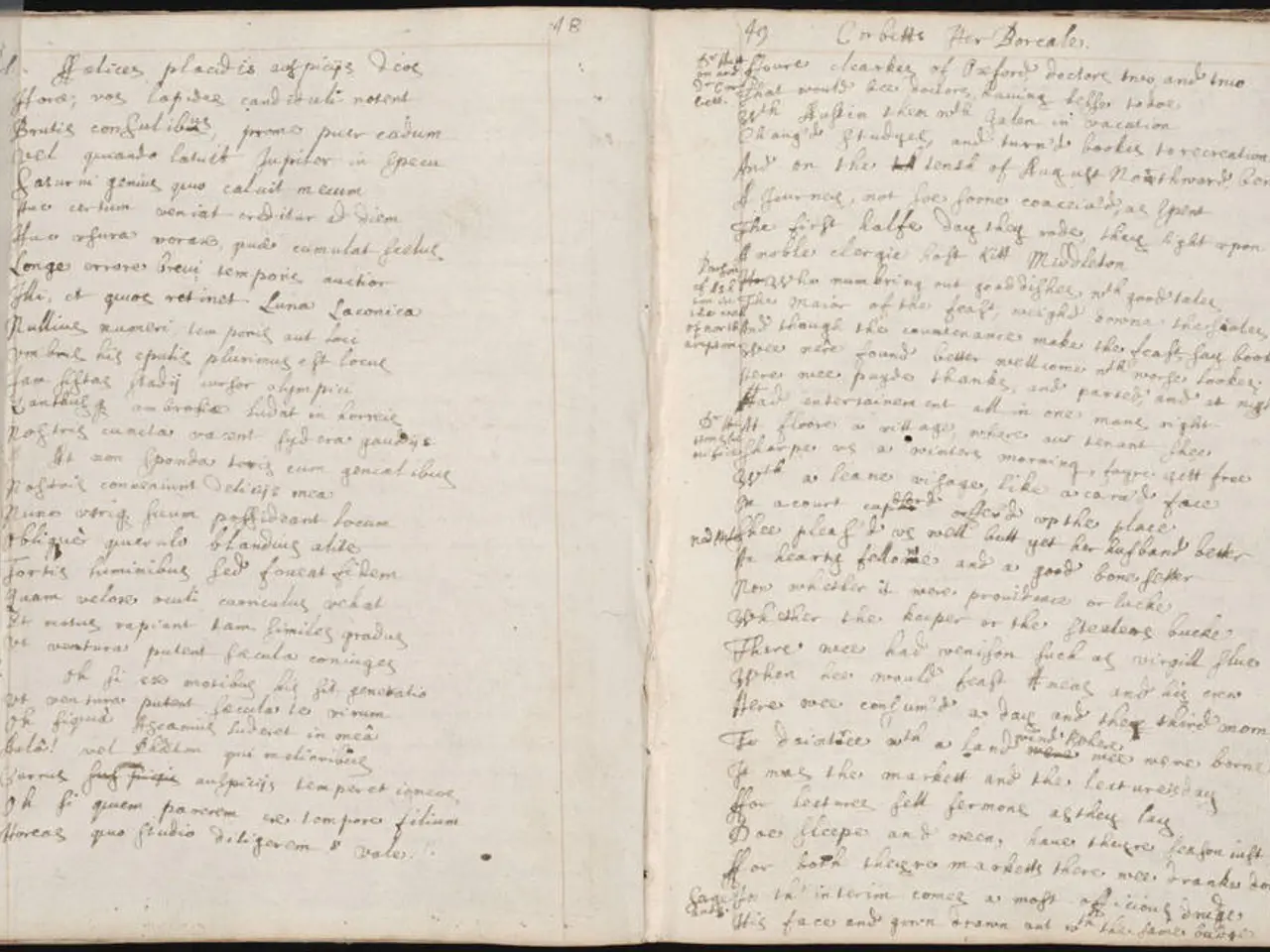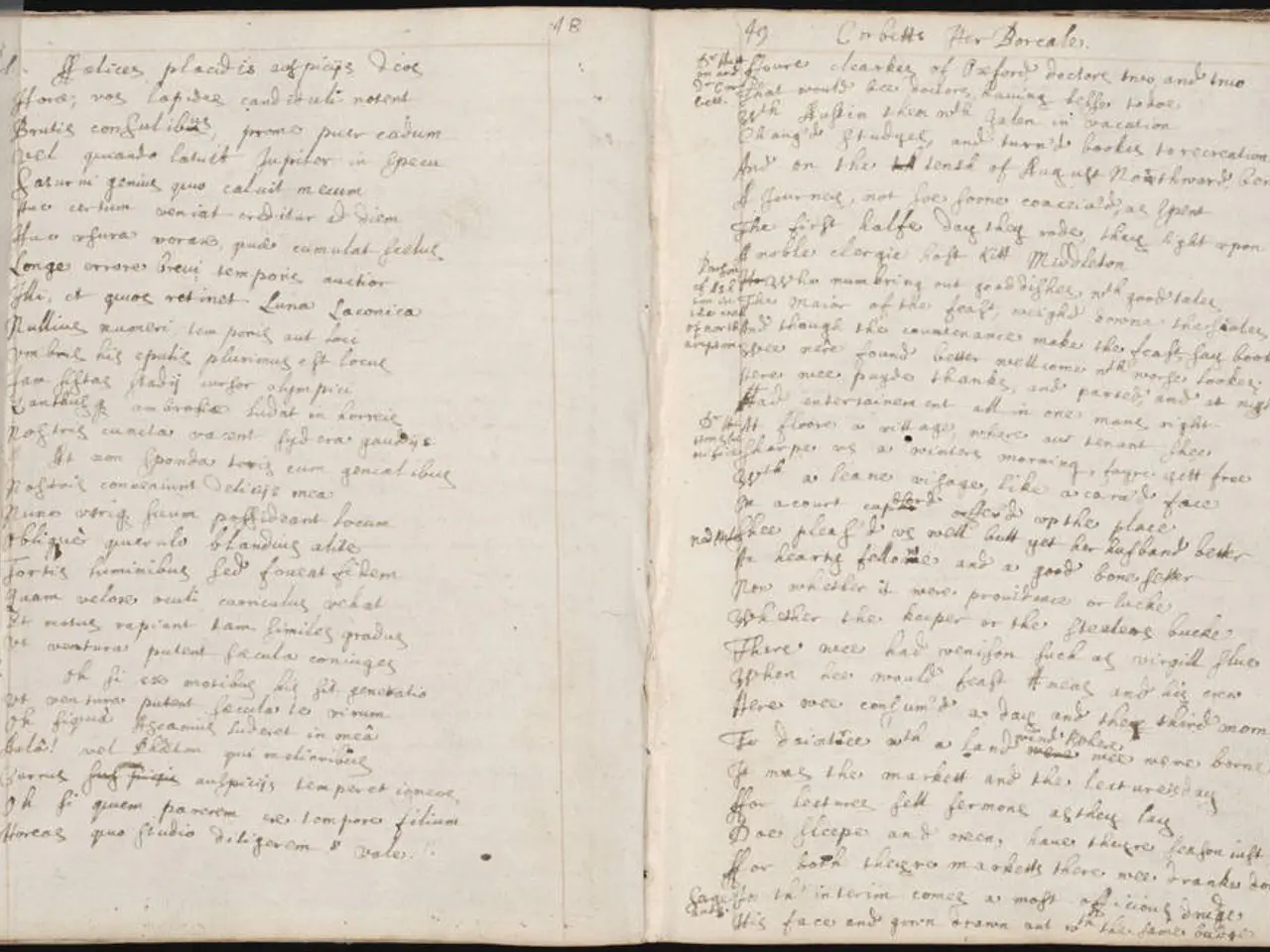Diplomatic discussions initiate between Thailand and Cambodia, aiming to end prolonged conflict
The Thailand-Cambodia border dispute, a long-standing issue dating back to the French colonial era, has once again come to a head in July 2025. After five days of intense combat along their jungle-clad frontier, both countries have agreed to an unconditional ceasefire effective midnight July 28 [2][3][4].
The conflict centers around the Preah Vihear Temple region, a historically sensitive and symbolically significant site for both nations. Centuries-old border disagreements and rising nationalist politics have repeatedly reignited tensions, culminating in this latest escalation involving military clashes, airstrikes, and artillery [1][2][3].
The clashes have been the deadliest since violence raged from 2008-2011 over the same territory, resulting in at least 35 casualties [1]. Thailand reports eight of its soldiers and 14 civilians killed, while Cambodia has confirmed eight civilian and five military deaths [1]. More than 200,000 people have fled due to the fighting, with over 138,000 people fleeing Thailand's border regions, and around 80,000 being driven from their homes in Cambodia [1].
The talks aimed at achieving a ceasefire were hosted in Malaysia under the mediation of Malaysian Prime Minister Anwar Ibrahim. The US and China played significant roles in the negotiations, with the US Ambassador to Malaysia, Edgard Kagan, being a key co-facilitator. Chinese involvement also reflected its strategic interests in Southeast Asia and regional stability [2][4].
Thailand's acting Prime Minister Phumtham Wechayachai and Cambodia's Prime Minister Hun Manet began their talks in Putrajaya, Malaysia. The Thai military has returned the bodies of 12 Cambodian soldiers killed in combat, and Thailand warns its citizens to "refrain from any kind of violence, whether in speech or action" against Cambodian migrants living in the country [1].
The Thai military accuses Cambodia of having snipers in a contested temple and surging troops along the border, hammering Thai territory with rockets. The military also believes Cambodia may be preparing for a major military operation prior to entering negotiations [1].
The ceasefire talks and resolution are seen as a diplomatic success for ASEAN and Malaysia’s Anwar Ibrahim, but the strong presence of both the US and China indicates an ongoing regional power competition masked beneath cooperation to avoid escalation [4].
References:
- BBC News
- Reuters
- The Diplomat
- The New York Times
- Despite the unconditional ceasefire, concerns about health and general news persist due to the refugee crisis and potential for further conflicts in the Preah Vihear Temple region.
- Amid ongoing political tensions and war-and-conflicts, the health and safety of the affected civilians have become a pressing issue for international news, with over 200,000 people displaced due to the border dispute between Thailand and Cambodia.

